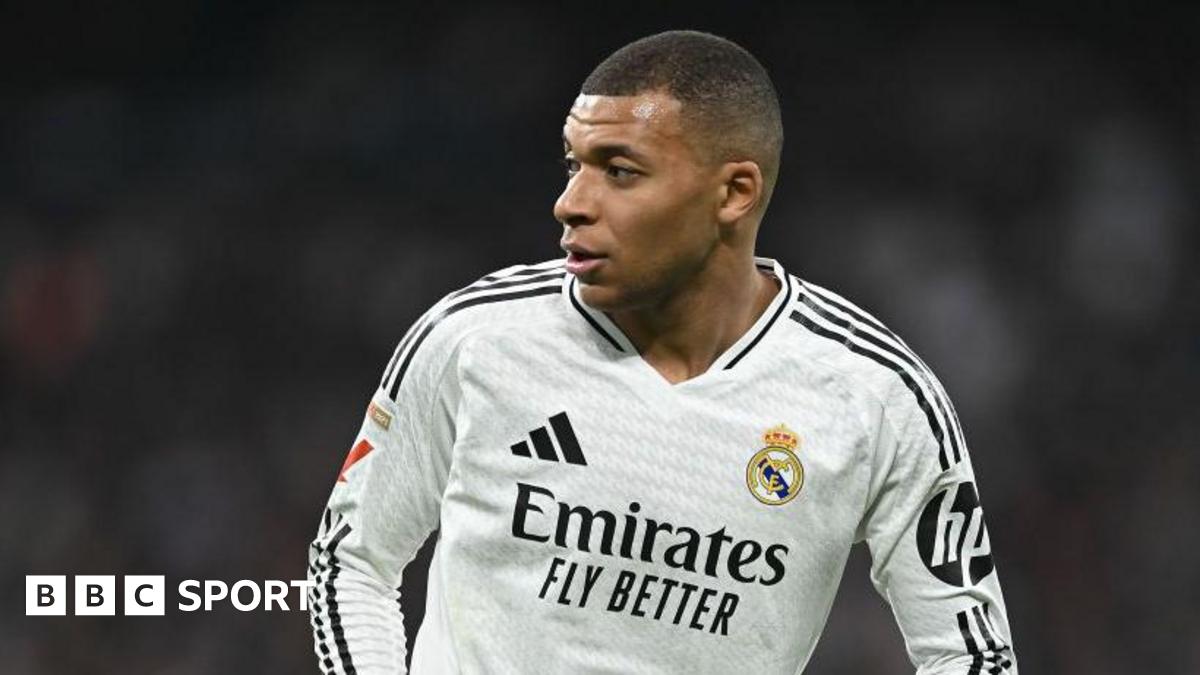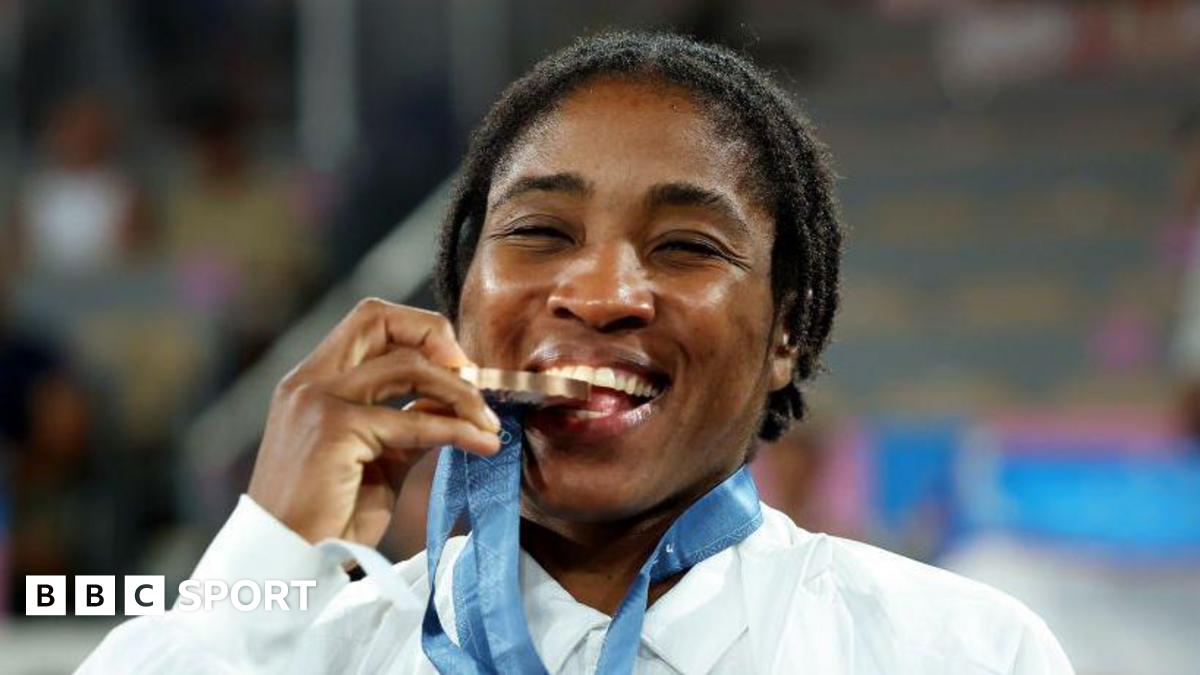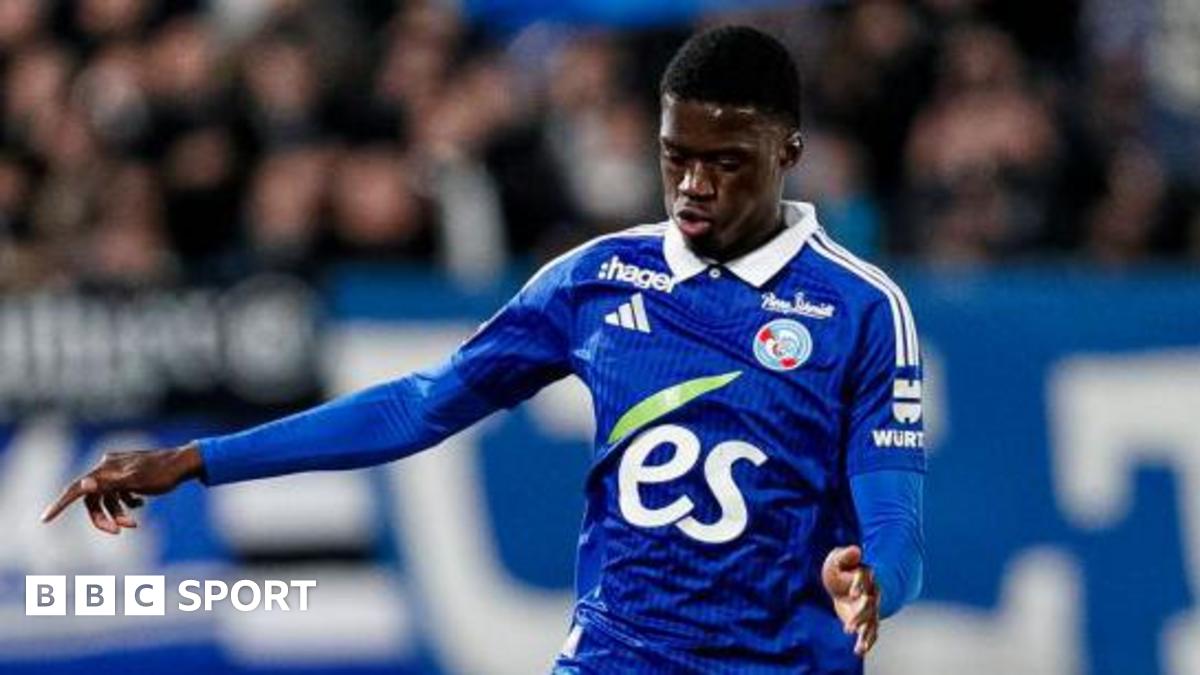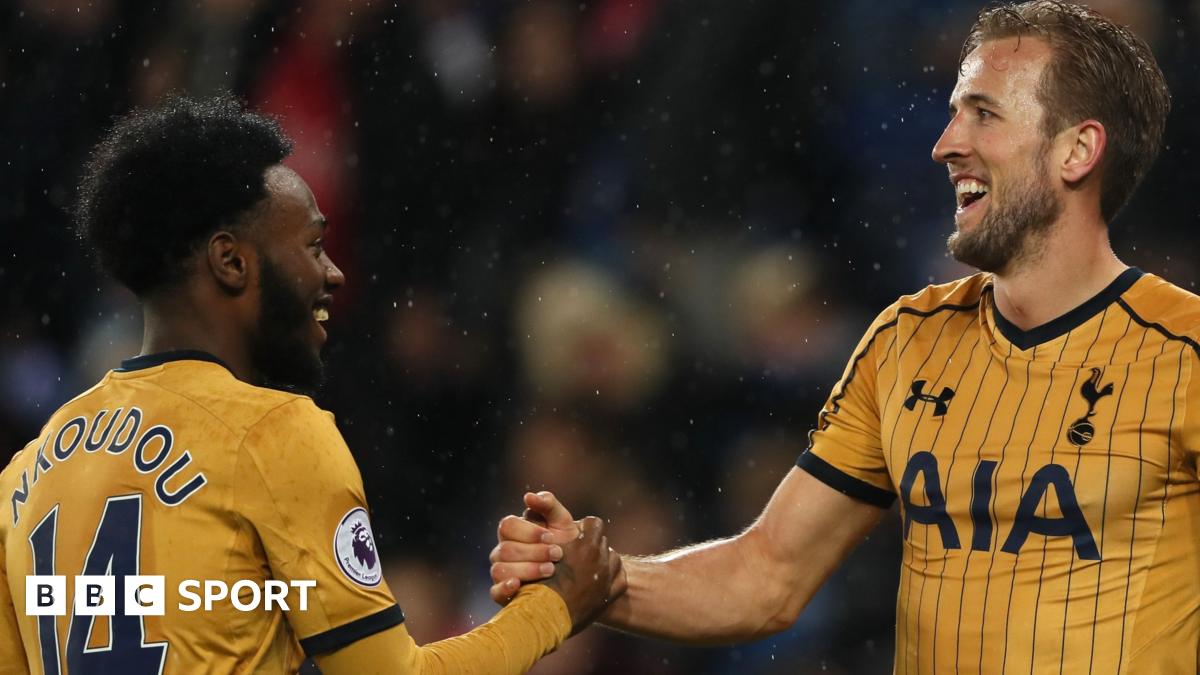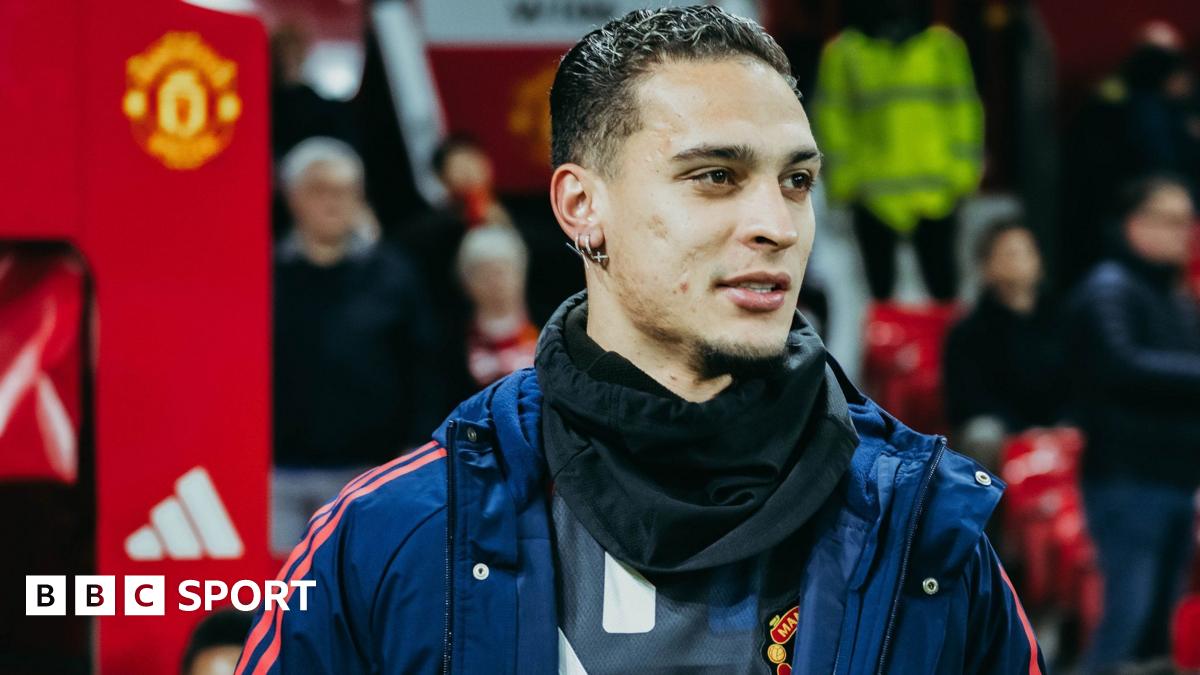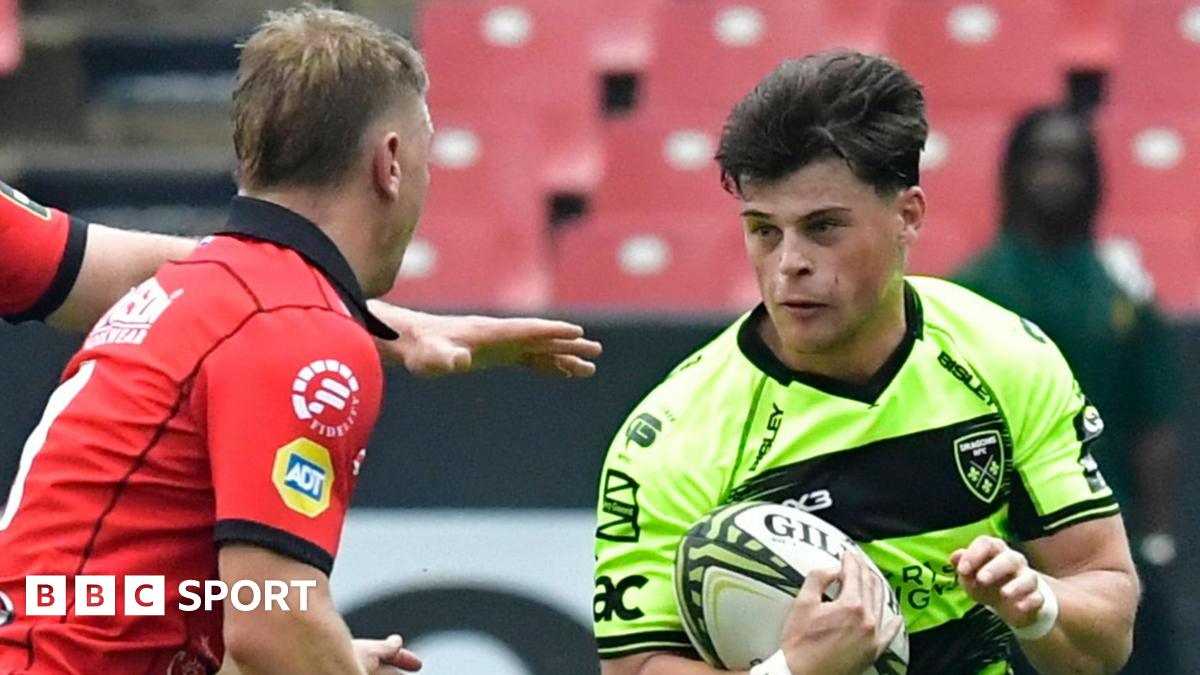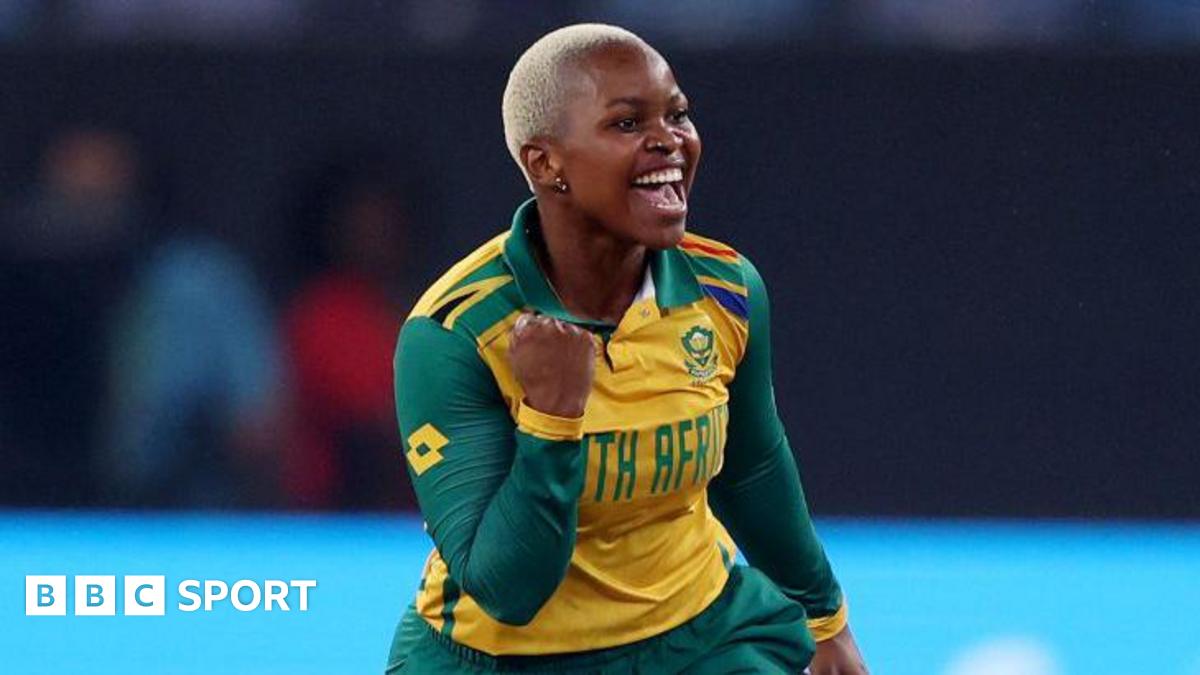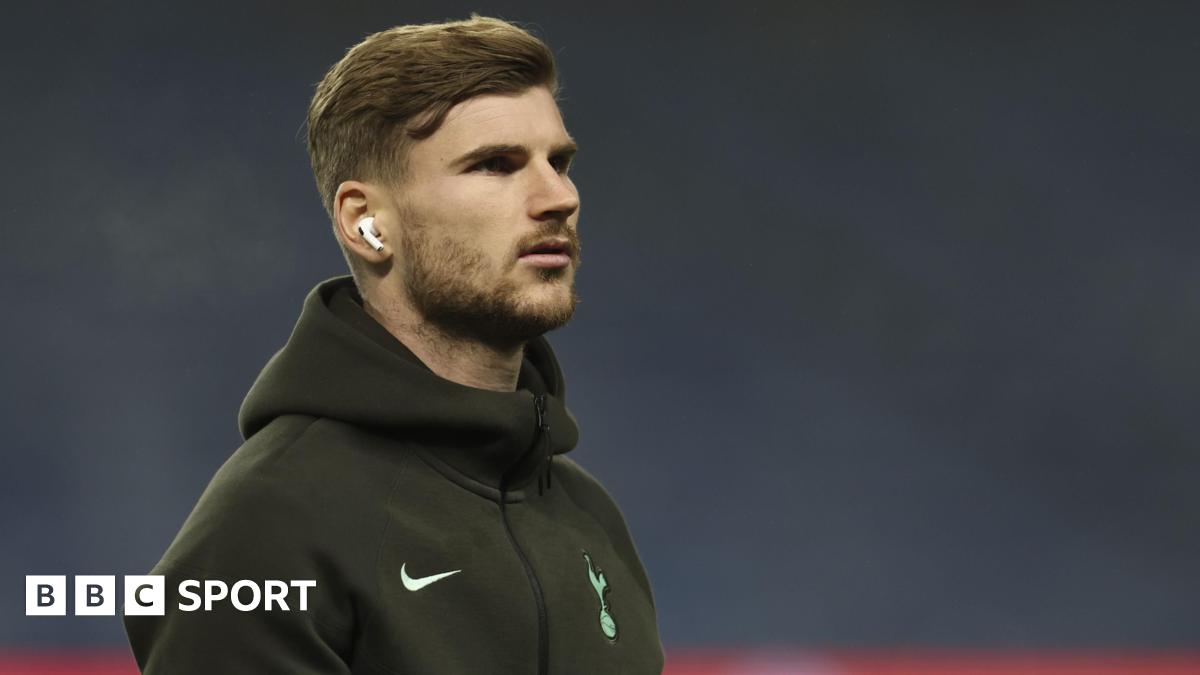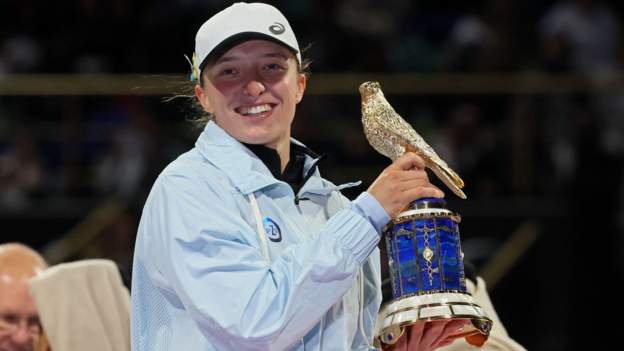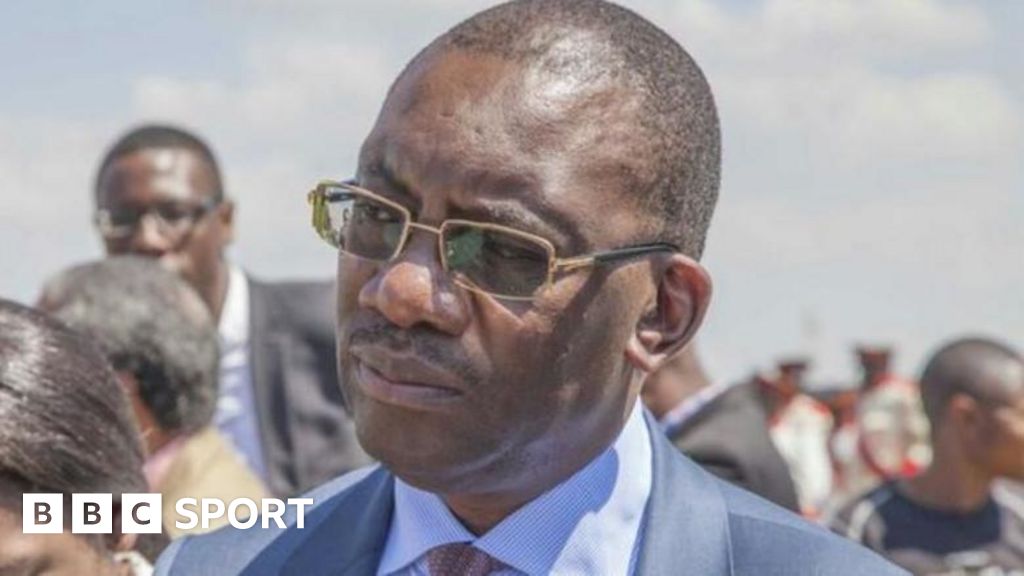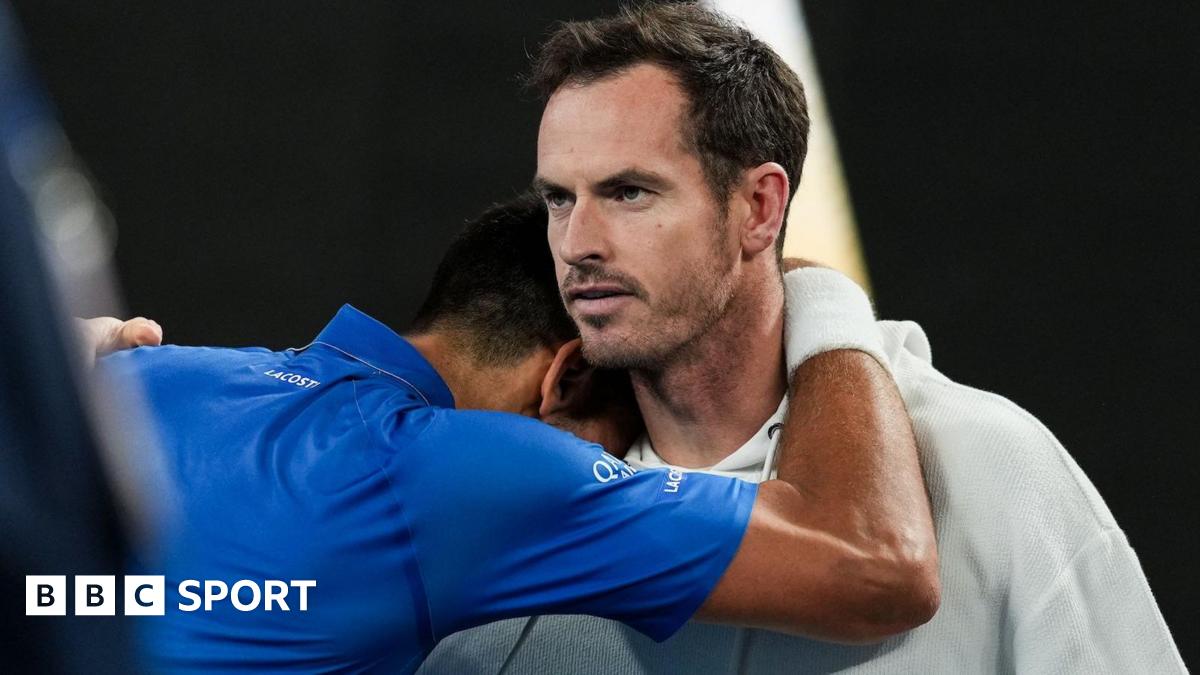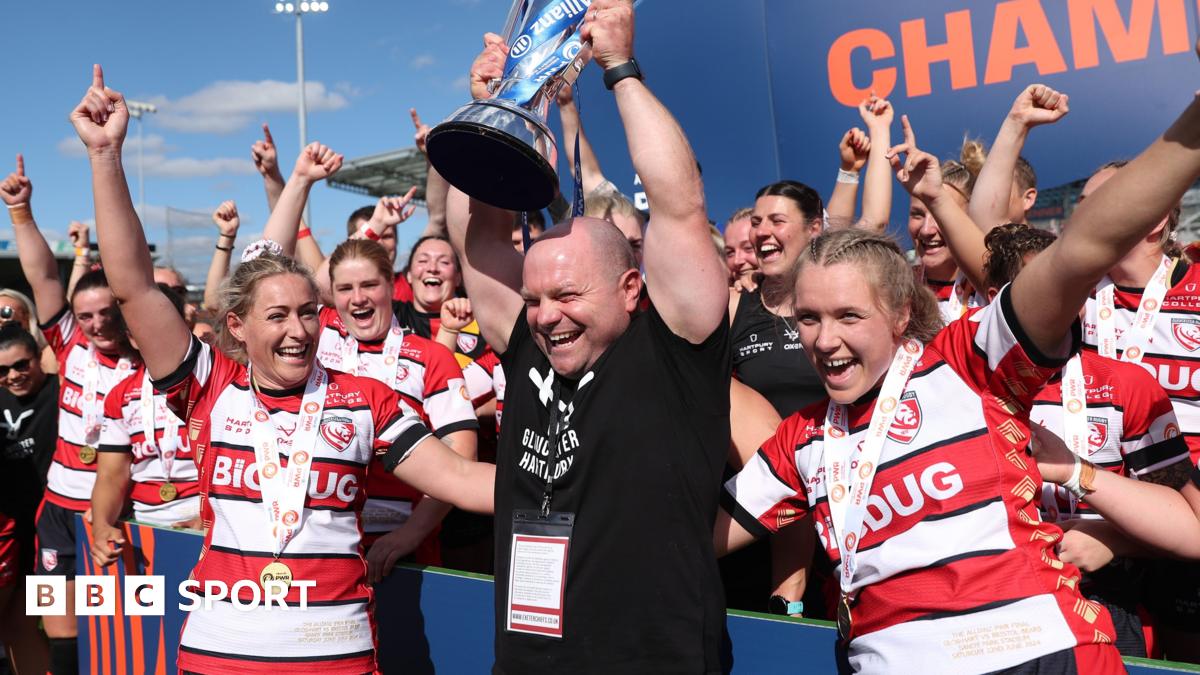While she is now an integral component of South Africa’s bowling attack, Mlaba’s journey to this point has not been straightforward.
The left-arm spinner grew up in a township in the province of KwaZulu-Natal, where her first love was traditional Zulu dance, and she says cricket was seen “only as a sport for white people”.
And while South Africa continues to struggle with economic challenges, and the game remains dominant in private schools, Mlaba, who was recently named KwaZulu-Natal sportswoman of the year, refuses to be defined by where she has come from, instead wanting to focus on her gratitude for the support that she received and how she can inspire other young girls to follow her path.
“It is simple, it comes from support and nothing beats support, motivation and belief,” Mlaba says, when asked about how to get more black women involved in cricket.
“Cricket is not as big in our country as rugby or football. In my township, I see a lot of talented boys but some don’t become successful because of the mentality that it’s because they are from the township.
“I would say don’t look at where you’re coming from, it’s not about that. If you’re putting in the work, working harder, and working towards your goal, you will always succeed.”
That support included plenty from Cricket South Africa, who helped provide accommodation for Mlaba when she needed to stay nearer to their training facilities because of the long and potentially unsafe journeys she would have to take.
Mlaba has certainly repaid the faith, having played 60 T20s and 26 one-day internationals for the Proteas so far, and dreams to play cricket for as long as she can.
And she embodies the bigger picture that comes with playing for South Africa, that feeling of wanting to play for more than just yourself and your team.
Mlaba achieves all of that by being authentically herself – her unforgettable short blonde hair, the dancing celebrations that follow each wicket and a joyous smile that rarely leaves her face when she is representing her country.
A scroll through her social media pages reveals a love for fashion and her puppy, but also the immense gratitude that she has for the game, her home, and those who helped her reach these highs.
There is plenty more to come, too – the Test match against England concludes a busy 2024, but with a 50-over World Cup next year and the T20 edition in 2026, Mlaba and South Africa still have a dream to chase.

